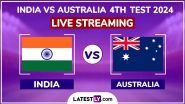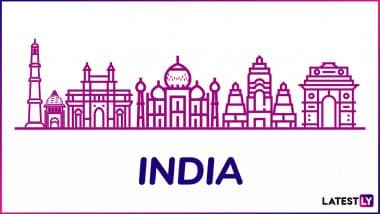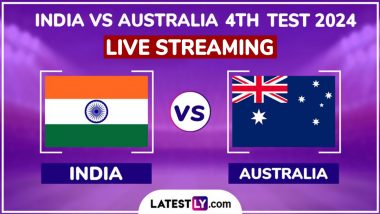By Priyanka Sharma
New Delhi [India], June 1 (ANI): Citing noteworthy benefits of Hydroxychloroquine (HCQ) prophylaxis against coronavirus, the Indian Council of Medical Research (ICMR) has revealed that the consumption of four or more doses of the antimalarial drug- (HCQ), has shown a significant decline of COVID19 infection among health care workers (HCWs).
As healthcare workers deputed in the treatment of coronavirus patients are at the higher risk of contracting virus, a pivotal study done by India's apex medical research body has revealed a significant reduction (>80 per cent) in the odds of COVID19 infection in the HCWs was identified with the intake of six or more doses of HCQ prophylaxis.
Hence, to compare the risks and protective factors against coronavirus infection among HCWs in India, the researchers at ICMR have conducted a case-control investigation. The findings of the study are published in the latest issue of the Indian Journal of Medical Research.
In the study participants (healthcare workers) were identified in two groups- (i) diagnosed as positive (cases), (ii) negative (controls) for covid19. They were randomly selected from the countrywide COVID-19 testing data portal maintained by the ICMR. A 20-item brief-questionnaire elicited information on place of work, procedures conducted and use of PPE.
At least 624 and 549 healthcare workers were contacted for case and control groups respectively, out of which 60.58 per cent of cases (378/624) and 67.94 per cent of controls (373/549) were available for analysis as remaining participants did not pick up phone calls, wrong numbers, ineligible candidates (not HCWs), consent refusal to name a few.
The document noted: "The intake of four or more maintenance doses of HCQ, the protective effect started emerging, and in the adjusted multivariate model, a significant reduction (>80%) in the odds of SARS-CoV-2 infection in the HCWs was identified with the intake of six or more doses of HCQ prophylaxis. This dose-response relationship added strength to the study outcomes," stated the findings adding that HCQ prophylaxis should be taken in tandem with PPE use as indicated by the multivariate model.
However, the paper mentioned that simply initiating HCQ prophylaxis did not reduce the odds of acquiring COVID19 infection among HCWs.
"About 172 cases and 193 controls reported HCQ intake and no significant difference in the occurrence of adverse drug reactions" was noted.
The three most common side effects of HCQ as reported by the cases and controls were nausea, headache and diarrhoea. While none of the controls on HCQ complained of palpitations, only one case reported the same. Very few cases and controls had skin rashes after consuming HCQ," the paper said.
According to the National Task Force for COVID-19 in India recommended once a week maintenance dose for seven weeks (400 mg once weekly), following the loading dose (400 mg bd).
The study stated that in the absence of clinical trial results on the safety and efficacy of HCQ chemoprophylaxis in the HCWs. The findings of the study offer evidence of public health importance.
"Higher prevalence of COVID19 infection in the HCWs has been a global concern, including in countries such as Spain, Italy and the USA, which further underscores the importance of the present findings," it read.
In conclusion, public health message on the role of HCQ prophylaxis for the prevention of coronavirus infection among HCWs emerging from this study should be considered with the existing understanding of risk homoeostasis operating at individual levels, it said. (ANI)
(This is an unedited and auto-generated story from Syndicated News feed, LatestLY Staff may not have modified or edited the content body)













 Quickly
Quickly




















